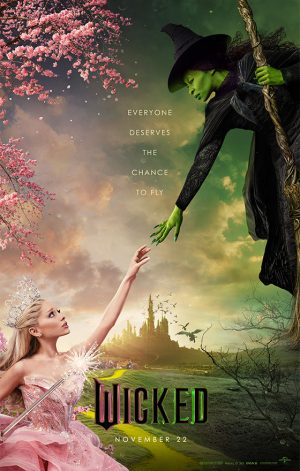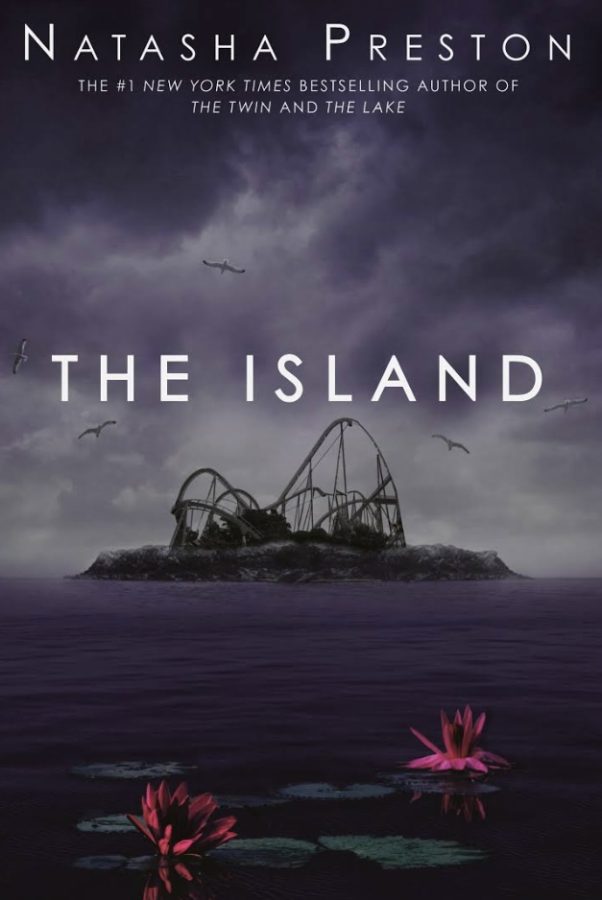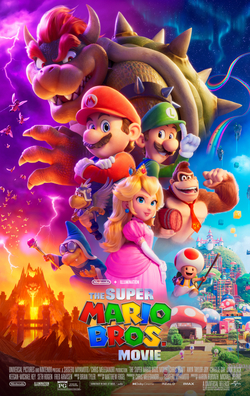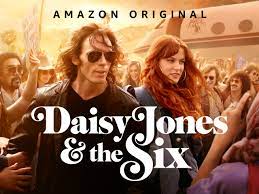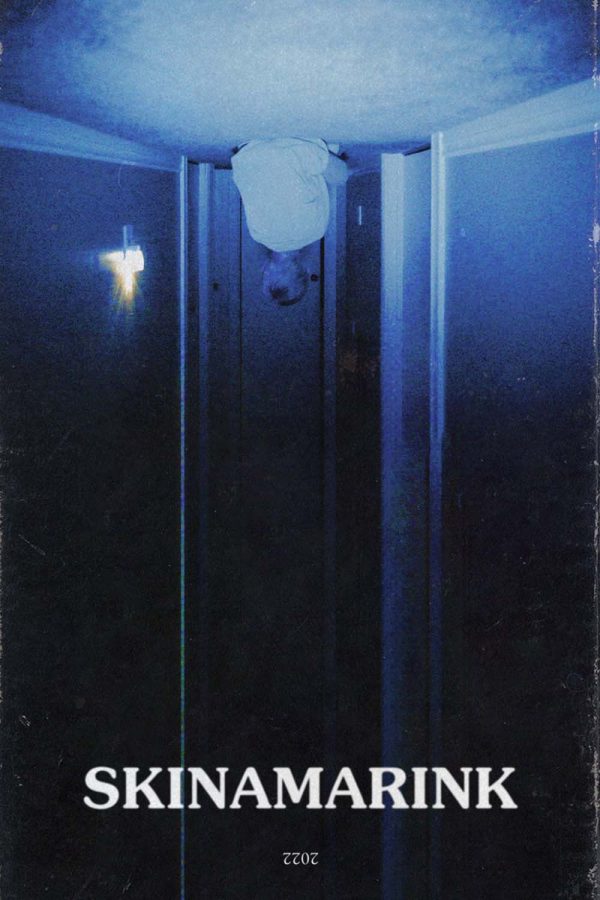“Dexter: Original Sin” attempts to capture the magic of the original while introducing the audience to new younger faces. While the series has its moments, it ultimately struggles to balance nostalgia with originality, leaving fans underwhelmed.
“Dexter” (2006) follows a psychopath and serial killer by the name of Dexter Morgan (Michael C. Hall). However, Dexter was unique due to the rules he choses abide by. The original series follows Dexter as he balances his days working at Miami metro with his nefarious nightly activities. “Dexter: Original Sin,” in comparison, is a prequel covers Dexters early kills and his development into the mature serial killer he is in the original series.
One of the show’s biggest challenges is how the young actors match up with their older counterparts from the original. While some physical resemblances are spot on, some are noticeably different and these differences cause a detachment between “Dexter: Original Sin” and “Dexter.” Additionally, the younger versions often feel like poorly executed imitations rather than fully fleshed-out characters. There is a clear effort to mimic the mannerisms and speech patterns of the original actors, but it is inconsistent, which leads to moments where it feels more like cosplay than progression. However, there are some exceptions when it comes to character portrayal, including Alex Shimizu’s portrayal of Vince Masuka, who really captures C.S. Lee’s excellent comedic timing including in the most awkward of times like at fresh crime scenes they frequently interact with.
Patrick Gibson (young Dexter Morgan), faces the impossible task of stepping into Michael C. Hall’s iconic shoes. While there are some flashes of Dexter’s trademark charm and menace, the performance lacks the layered subtlety Hall brought to the role. Hall’s Dexter was an impressive mix of cold calculation and reluctant humanity, while the younger version feels mild in comparison, as though he is trying too hard to smirk his way into being the same character.
Since I brought it up, the smirking is baffling. It feels out of place and detracts from the calculating and emotionally detached nature of the character. The draw of Hall’s Dexter Morgan is that he has a rigid and observant interior while masking it with his lively persona. Gibson’s Dexter poorly imitates the facade Hall’s Dexter executed perfectly, choosing to instead smirk. Rather than enhancing his persona, it makes him seem less like a budding sociopath and more arrogant and juvenile than the calculated and meticulous Dexter of the original.
Unfortunately, young Deb (Molly Brown) is the series’ weakest link. Not only does she not resemble Jennifer Carpenter, Young Deb is hostile, picking fights with any and everyone, while the teenage flashbacks of Carpenter’s Deb from “Dexter” paint a nerdier and less refined image. Deb lacks all of the charm and nuance that made Carpenter’s portrayal compelling and overall enjoyable. Instead of feeling layered and a little jaded, young Deb feels one-dimensional and, frankly, unpleasant.
I hate to say this but the 69% on Rotten Tomatoes is an accurate representation of this series and its mediocrity. The show isn’t unwatchable, but it fails to offer anything new or substantial for the fans of the original series. While the show follows the same format and pacing as the original series, it still seems like something is missing. Maybe newcomers to the Dexter universe would enjoy it, but if you have watched the original “Dexter” this series pales in comparison and lacks all the charm that made the original a cultural phenomenon.
At its core, “Dexter: Original Sin” feels like a retelling of the original series with younger actors and a shiny new bow. It lacks a lot of the risks and fresh storylines needed for it to truly stand on its own. For fans of the old series hoping for new insight into the mind of an early Dexter Morgan, this series falls short. Honestly, at times I would have rather had Hall put on a wig and reprise his role.





